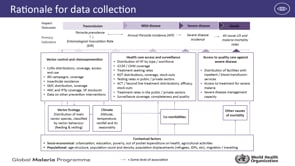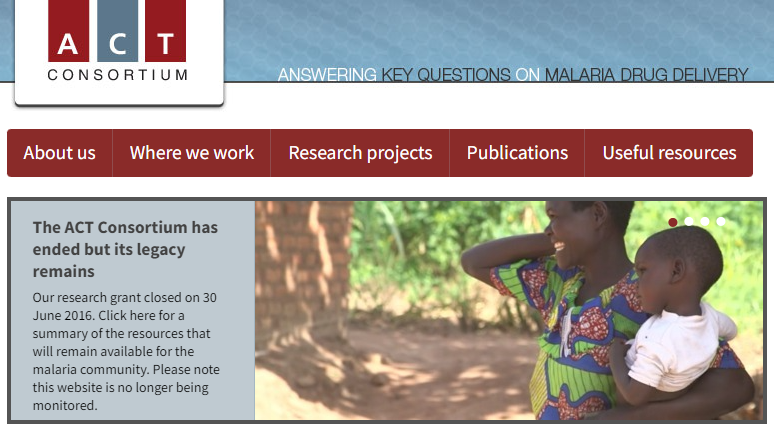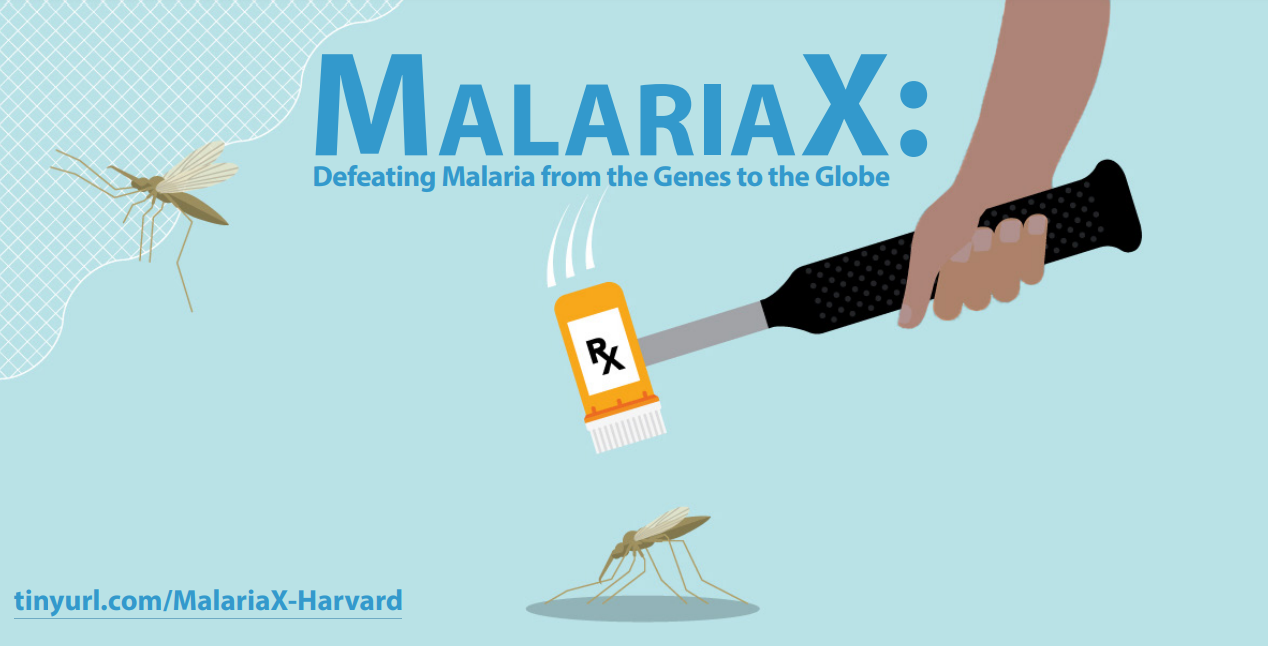Last Updated: 12/02/2025
A Multi-disciplinary health intervention approach to improving knowlesi malaria health behaviour among at risk populations in Peninsular Malaysia.
Objectives
- To identify interpersonal and social context surrounding knowlesi malaria which influences understanding, beliefs and risk analysis among at-risk communities.
- To propose a suitable theoretical framework and instrument to predict health behaviour among knowlesi malaria at-risk communities.
- To measure attitudes, perceived norms and personal agency for knowlesi malaria health behaviour, as well as health literacy, that could contribute towards behavioural intention among at-risk communities.
- To develop health education module and design strategic health communication campaign as part of a dynamic intervention programme for knowlesi malaria at-risk communities.
- To measure the effectiveness of the suggested intervention programme at improving knowlesi malaria treatment seeking among at-risk communities.
National University of Malaysia (UKM), Malaysia
University of Malaya (UM), Malaysia
To combat knowlesi malaria, the interaction between agent-host-environment needs to be interrupted. One way humans (as host) can disrupt this interaction is by increasing their health literacy, improving attitudes, subjective norms and perceived behaviour on knowlesi malaria. The correct health behaviour will help control the transmission of the disease. Thus, it is imperative for this study to identify motivations and constraints in health behaviour, as well as formulate a strategic health intervention campaign which will result in positive changes on behavioural intention.
This study foregrounds its theoretical approach in the Integrated Behavioural Model (IBM). There will be 5 phases in this project. Phase 1 involves qualitative inquiry to develop an instrument that is most suited to explore the understanding of knowlesi malaria and risk assessment among at-risk communities. Qualitative findings will be essential towards developing suitable items for IBM instrument. In Phase 2, we will validate the instrument. This includes conducting a confirmatory factor analysis to test out the validity of constructs. In this phase as well, health literacy will be introduced as a contributor to behavioural intention. In Phase 3, the successfully validated questionnaire will then be used to measure behavioural intention among at-risk communities at several sites. Based on the qualitative and quantitative outcomes of Phase 1 and 3, an intervention campaign will be proposed and implemented during Phase 4. This intervention includes health communication campaigns and health education modules that specifically targeted to increase health literacy on knowlesi malaria and motivate treatment-seeking behaviour. Finally, a post-intervention study will be conducted in Phase 5 to measure the expected increased level of health literacy and behavioural intention. It is expected that the results will give a better understanding of factors that would lead to a positive behavioural outcome, and contributes to the IBM framework developed for knowlesi malaria.
There will be 5 phases in this project:
Phase 1: Elicitation – Qualitative inquiry and instrument development:
a. Qualitative inquiry
A critical step in applying IBM is through qualitative elicitation. This is done through in-depth interviews to identify relevant behavioural health outcomes, referents and environmental barriers and facilitators for each particular behaviour and population under investigation. The formative phase of intervention projects is a good time to conduct these interviews. Elicitation interviews should be conducted with a sample of at least 15 to 20 individuals from each target group, with half of those whom have performed or intend to perform the behaviour under investigation (treatment seeking), and half of whom have not performed the behaviour. In this case, three sites were chosen based on states with the most P. knowlesi cases which are Kelantan (Gua Musang), Pahang (Kuala Lipis) and Perak (Kampar).
When interviewed, people will be asked to provide four types of information:
- i. Positive or negative feelings about performing treatment seeking (attitudes or affection based on experience)
- ii. Positive or negative attributes or outcomes of performing treatment seeking (behaviour beliefs)
- iii. Individuals or groups to whom they might listen who are in favour of or opposed to their performing treatment seeking (normative referents)
- iv. Situational or environmental facilitators and barriers that make the treatment seeking easy or difficult to perform (control beliefs and self-efficacy).
Elicitation interviews are transcribed and analysed to identify relevant behavioural attributes or outcomes, normative referents, and facilitators and barriers to treatment seeking. This information will be utilised for questionnaire content and IBM measures.
b. Instrument development
i. The development of the questionnaire shall involve all IBM constructs and include findings from the interview.
Phase 2: Instrument development and validation
- a. Questionnaire development:
Experts in public health, health education and health communication will be consulted to ensure the content validity of the question. There will be a total of three sections (Section A to C) designed for the questionnaire. Section A will be the sociodemographic section whereby respondents will need to answer in a string form. Section B will include the data on risk factors related to knowlesi malaria such as environmental factors, human-mosquito contacts, cultural, control activities etc. Section C will explore the attitudes, perceived norms, personal agency, health literacy as well as behavioural intentions. Data collected from this cross-sectional study will then be analysed for the validation process of the questionnaire. - b. Construct validity: Construct validity will be tested by performing Confirmatory Factor Analysis (CFA) on each of the constructs in the study.
- c. Internal consistency reliability analysis: Internal consistency reliability analysis will be tested
The successfully validated questionnaire will then be used during the second phase of this project.
Phase 3: Selected Case and Case-control study
- a. Study Design: Population-based Case-Control Study
- b. Study Period: 1st March 2020 – 30th October 2020
- c. Study Location: Peninsular Malaysia
- d. Sample population: All laboratory confirmed cases of knowlesi malaria notified from the selected study location. The expected enrollment is about 200 cases.
- e. Inclusion criteria: All patients of any age with confirmed P. Knowlesi Malaria within study location, Primarily resided in the study area minimum of 3 weeks.
- Sampling Method: i. Case: Universal Sampling, ii. Control: Randomly selected and matched to the same locality as cases
- h. Sample size calculation: With the sample size of 200 for cases (expected number of cases in 2019) and 800 (ratio case: control of 1: 4) for control group and, the power of the study are 0.91 (91%) in order to detect the proportion difference of 0.10 with an alpha 0.05. This calculation was done using ScalexProp version 1.0.2 (Naing, 2016).
- i. Data Collection tools: Interview guided questionnaire consist of three sections: 1. Section A: Social-demographic, 2. Section B: Risk Factor (Environmental factors, Human-mosquito contacts, cultural, control activities etc), 3. Section C: Validated Health literacy and IBM Instrument.
- j. Data Analysis: Data will be entered and analysed by using SPSS version 23.0. Both bivariable and multivariable analysis will be performed to determine the risk factors.
Phase 4: Intervention
- a. Study location: Gua Musang, Kelantan. Location with the highest number of knowlesi malaria cases in Peninsular Malaysia
- b. Duration: 3 months
- c. Intervention strategy: The program objectives and strategy are dependent on the findings of the case-control IBM study. Intervention is highly specific to the attitudes, norms and perceived control of treatment-seeking behaviour among the population studied. A health education campaign will be planned and implemented on 1 site of the population under study. The campaign will include informational and educational content developed specifically for the site that will be disseminated through tactical local media and educational programs.
- d. Intervention module: An educational module will be developed to address the barriers to treatment-seeking behaviour. The module will be highly specific, formulated for the unique culture, traits and beliefs of the community under study. The aim of the module is to encourage treatment seeking intentions for knowlesi malaria among the community at risk.
Phase 5: Post intervention study
- Study location: Peninsular Malaysia: Purposely selected state with highest number of knowlesi malaria cases: Perak, Pahang and Kelantan
- b. Duration: 7 months (1 September 2021-31 March 2022)
- c. Methodology: Study design, sample size and population, inclusion and exclusion criteria will be as in Phase 3.
Jan 2019 — Dec 2022
$98,190


